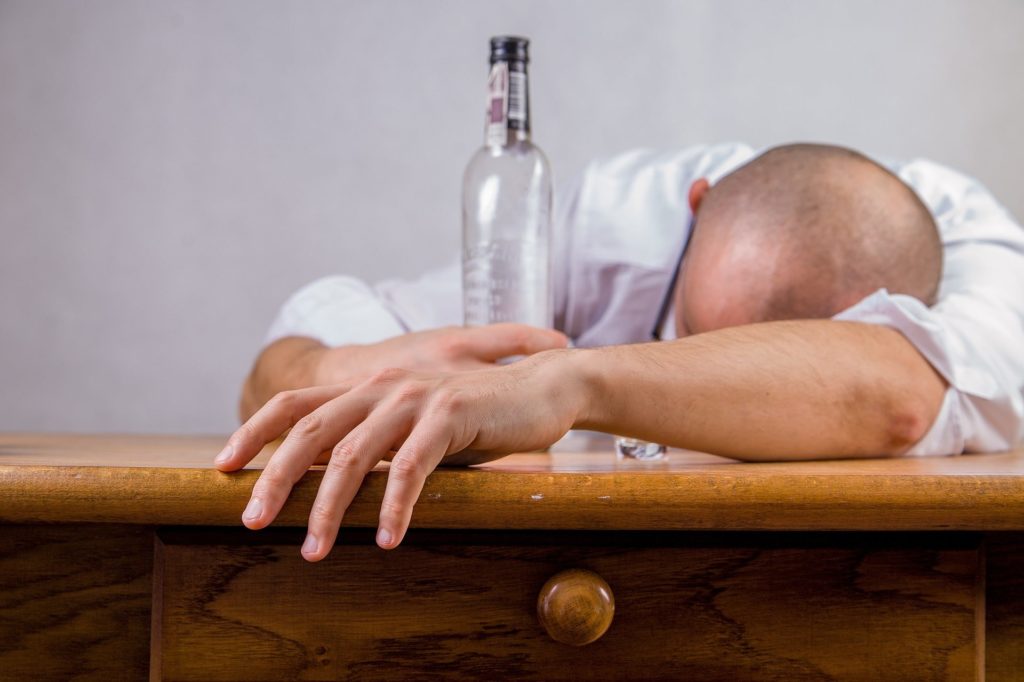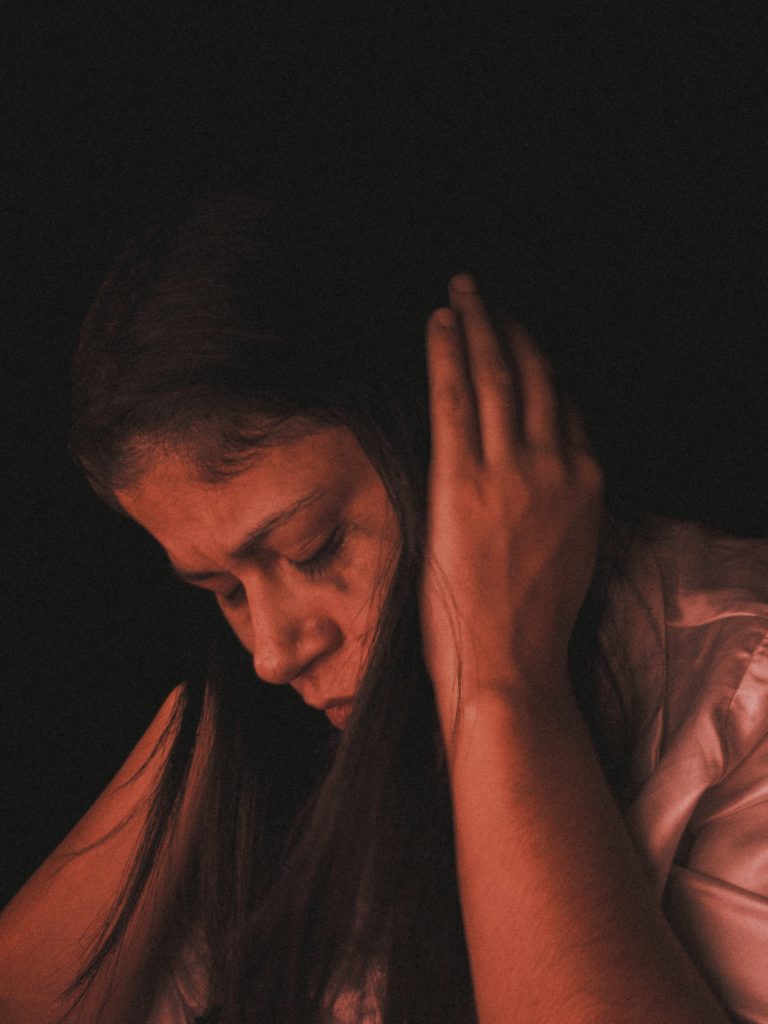Why does my face get red when I drink? There are many side effects to your body due to heavy alcohol consumption. You will get dehydration after a long night of drinking and that is even worse than a raging headache or a parched throat. It also has worse long-term effects. Alcohol obstructs the growth and production of antidiuretic hormones which forces your kidneys to remove excess water from your body and that includes your skin as well. If you have perpetually dry skin that is an even bigger problem because it looks pale after consuming too much alcohol and develops a grayish tone that worsens by alcohol-diminished vitamin A. As a result, you end up looking older than your actual age.


1. Why does my face get red when I drink? Eyes become bloodshot;
The surface of your eyes turns red by the same broken capillaries that cause facial redness. You’ll have a perpetual bloodshot look if you pick up alcoholism. Most people interpret this side effect as deprivation, drug abuse, or any other sickness, which is not a pleasant look for making a first impression. But there is an even worse consequence like alcoholic optic neuritis that can get you impaired eyesight and cause blindness.
2. Why does my face get red when I drink? Redness of the face;
Apart from severe skin dryness binge drinking can make your face perpetually red which does not fall under the cute “rosy cheeks” category. Blood flow is highly increased when you consume alcohol regularly and it dilates your capillaries. As a result of this, you may have capillaries burst, causing unsightly redness on your face. It mostly affects your chin, cheeks, and nose.
3. Why does my face get red when I drink? Tired and red face;
Alcohol not only becomes hard on your face but also leads to sleep deprivation and sometimes insomnia in the worst cases. It is a very commonly known fact that lack of sleep makes you look sick with pallid skin, baggy eyes, and dark spots. It does not only make you look ugly but also makes you feel perpetually tired. It drains out your energy, and good spirits and makes you feel generally unpleasant to be around.


4. Why does my face get red when I drink? Alcohol Flush reaction;
A type of alcohol intolerance is called the alcohol flush reaction. But one thing to be clarified, alcohol flush reaction is not “alcohol allergy”. This happens due to inherited variations in the genes of certain enzymes. People with this symptom metabolize alcohol less efficiently.
When we metabolize alcohol, the enzyme called alcohol dehydrogenase converts alcohol to acetaldehyde which is a toxic molecule. Another enzyme called aldehyde dehydrogenase turns the resulting acetaldehyde into nontoxic molecules.
If you consume certain medicines that alter alcohol metabolism, you can experience an alcohol flush reaction. The medication to treat diabetes, cholesterol, and infections can cause such side effects. In addition, disulfiram, a medication used to treat alcohol use disorder, alcohol metabolism so that acetaldehyde builds up when a person drinks alcohol. You can experience flushing and nausea due to this reaction. People should refrain from drinking to avoid those unpleasant effects.
5. Why does my face get red when I drink? What are the associated health problems of flush reaction?
People suffering from alcohol flush reactions and drinkers can get cancer, including esophageal and breast cancer. The reason for this increased risk is that acetaldehyde is carcinogenic.
6. Why does my face get red when I drink? Is it possible to cure alcohol flush reactions?
If you are carrying gene variations that impair alcohol metabolism, the best way you can prevent alcohol flush reaction is to avoid drinking or to limit alcohol intake. Is also suggested by some experts to take antihistamines and certain over-the-counter medications to reduce or hinder alcohol flushing. But there is not enough evidence that makes sure of blocking the damaging effects of acetaldehyde.


7. Alcohol and medication interactions in general;
There are such examples where many over-the-counter medications make adverse health consequences when mixed with alcohol. Many popular painkillers like acetaminophen (Tylenol), sedative drugs like diazepam (Valium), and cough and cold remedies can make adverse health effects. If you are under such medications, it is important to read the label and package inserts for possible interactions with alcohol or other drugs, especially if you have multiple drinks on an occasion. You can also consult your doctor or pharmacists about interaction with alcohol and the medicines you are consuming.
Summary;
There are many side effects to your body due to heavy alcohol consumption. You will get dehydration after a long night of drinking and that is even worse than a raging headache or a parched throat. It also has worse long-term effects. Alcohol obstructs the growth and production of antidiuretic hormones which forces your kidneys to remove excess water from your body and that includes your skin as well.
Apart from severe skin dryness binge drinking can make your face perpetually red which does not fall under the cute “rosy cheeks” category. Blood flow is highly increased when you consume alcohol regularly and it dilates your capillaries. As a result of this, you may have capillaries burst, causing unsightly redness on your face. It mostly affects your chin, cheeks, and nose.


A type of alcohol intolerance is called the alcohol flush reaction. But one thing to be clarified, alcohol flush reaction is not “alcohol allergy”. This happens due to inherited variations in the genes of certain enzymes. People with this symptom metabolize alcohol less efficiently. If you consume certain medicines that alter alcohol metabolism, you can experience an alcohol flush reaction. The medication to treat diabetes, cholesterol, and infections can cause such side effects. In addition, disulfiram, a medication used to treat alcohol use disorder, alcohol metabolism so that acetaldehyde builds up when a person drinks alcohol. You can experience flushing and nausea due to this reaction.
Read More: White Claw Alcohol Content
